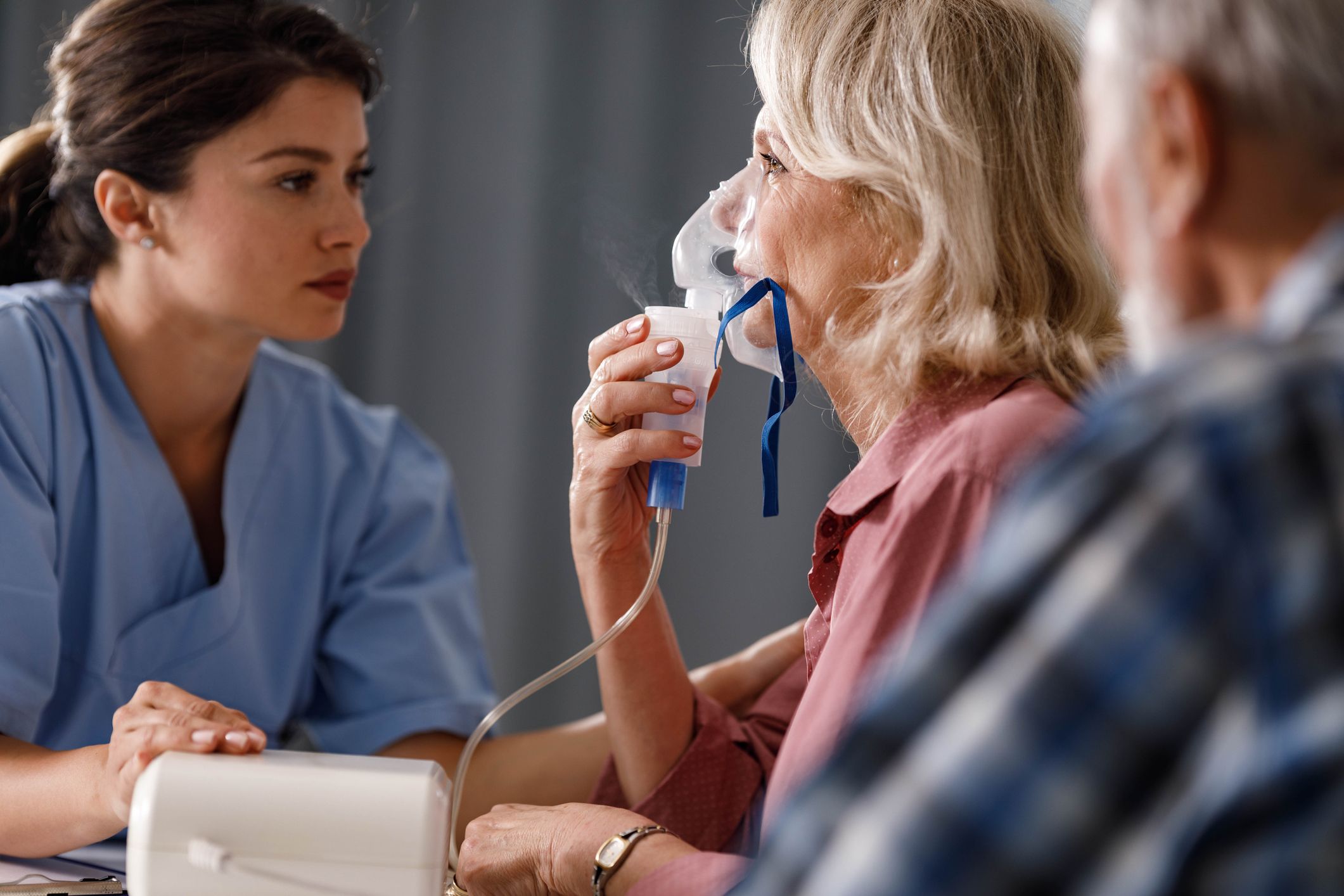

The devastating effects of long-haul Covid and how you can deal with them
Not everyone who gets the virus recovers quickly. Symptoms can plague you for months. What are the long-term effects?
When she was diagnosed with Covid-19 in May 2020, Stacey Smith* was surprised considering the precautions she’d taken.
But what surprised her even more was how long the symptoms lasted. While some went away reasonably quickly, other remained for months after her test came back positive.
“The symptoms I presented with at the start were fatigue, headaches, tummy issues, loss of smell, tight chest, shortness of breath, joint pain and brain fog,” Stacey (46) tells us.
She was also diagnosed with pneumonitis (inflammation of the lung tissue) as well as inflammation of the arteries in her lungs.
Most of Stacey’s symptoms cleared up after a few weeks, and her sense of smell returned after a few months. Yet, six months after being diagnosed with Covid, some symptoms remained – the most pronounced one being fatigue.
Stacey describes feeling as if the tiredness was in her bones, and she found short outings or trips to the doctor incredibly tiring.
Other persistent symptoms included joint pain, occasional brain fog and headaches. Her asthma, which had been stable since childhood, became problematic after her diagnosis, and she’s had to use her pump twice a day.
Stacey’s case isn’t unusual. While most people who’ve had Covid-19 recover completely within a few weeks, some continue to experience symptoms for months after their initial “recovery”. It can even happen to those who had a mild version of the disease, and the ongoing symptoms can be debilitating.
It’s informally known as “long Covid” and some people report “life-changing experiences that follow an initial infection that they managed at home, with symptoms becoming more severe over time”, according to a review by the UK’s National Institute for Health Research.
Lingering Covid-19 symptoms
Although Covid-19 is a disease that primarily affects the lungs, it’s become clear that it can damage other organs as well. The virus can cause significant cellular-level damage, says Dr Gregory Poland of the Mayo Clinic’s Vaccine Research Group, and this increases the risk of long-term health problems.
Long or long-haul Covid is “a multi-system disease”, says Professor Adrian Puren of South Africa’s National Institute for Communicable Diseases. What commonly happens is that symptoms arise in one physiological system, then subside only to arise in a different system, he says.
The most common symptoms include cough, low-grade fever and fatigue, Puren adds. “Other reported symptoms include shortness of breath, chest pain, headaches, neurocognitive difficulties, muscle pain and weakness, gastrointestinal upset, rashes, metabolic disruption (such as poor control of diabetes), thromboembolic conditions (blood clots) and depression and other mental-health conditions.”
Less common long-term symptoms include absence of smell, dry mouth and eyes, runny nose, red eyes, headache, absence of taste and issues involving the heart, says Professor Willem Hanekom, director of the Africa Health Research Institute.
Both those who’ve had mild and severe Covid-19 might have long-term effects, whether they have comorbidities or not, Hanekom says.
“These long-term effects aren’t caused by ongoing infection with the virus that causes Covid-19, but rather by inflammation – the body’s response to the infection – which is ongoing,” he adds.

Long-term symptoms include:
Heart damage: Scans taken months after recovery have shown lasting damage to the heart muscle, even in those who experienced only mild symptoms.
Lung damage: The type of pneumonia commonly associated with Covid-19 can damage the tiny air sacs (alveoli) in the lungs and the resulting scar tissue can lead to long-term breathing problems.
Brain damage: Covid-19 can cause strokes, seizures and Guillain-Barré syndrome, an autoimmune condition that causes temporary paralysis. It might also increase the risk of developing Parkinson’s and Alzheimer’s disease.
Blood clots: The disease can make blood cells more likely to clump together. Much of the heart damage caused by Covid-19 is believed to be due to small clots blocking tiny blood vessels in the heart muscle.
Blood-vessel problems: The disease can also weaken blood vessels, which can potentially lead to long-lasting problems with the liver and kidneys.
Fatigue: It’s been noted that many people who recovered from severe acute respiratory syndrome (Sars) have gone on to develop chronic fatigue syndrome, a complex disorder characterised by extreme fatigue that worsens with physical or mental activity. The Mayo Clinic says the same might be true for people who’ve had Covid-19.
How long do the symptoms last?
It’s difficult to predict long-term outcomes because Covid-19 is such a new disease, but research is ongoing, and scientists can draw expectations from similar diseases.
“Possible causes of the long-term symptoms include relapse or reinfection, inflammation and immune reactions,” Puren says.
“These have also been the case with other more severe coronavirus infections, including Sars and Middle East respiratory syndrome (Mers).
“Many patients recover spontaneously – if slowly – with holistic support, rest, symptomatic treatment and gradual increase in activity,” Puren says.
Hanekom adds that many infections have post-infectious inflammatory symptoms such as an ongoing cough after a mild viral chest infection. In most cases, these inflammatory symptoms eventually subside, which is what’s anticipated for Covid-19 too.
Tips for Covid long-haulers
Here’s what to do to aid recovery, according to the UK’s National Health Service:
Eating healthily: It’s vital for recovery so your body gets the energy, protein, vitamins and minerals it needs. Focus on fresh, nutrient-rich foods.
Get moving again: If you’ve been hospitalised or in bed for some time, your muscles will have weakened. Go slowly but do what you can to improve your fitness.
Reach out: Support from relatives and friends is vital. Those caring for or close to someone who’s had Covid-19 should find a balance between supporting them and encouraging them to get back on their feet as soon as possible.

Where to get help
There are several support groups you can reach out to.
Covid-19 Support Group South Africa: A private Facebook group with 26 800 members aimed at providing emotional support and useful information on Covid-19.
Long Covid Support Group: A private Facebook group with more than 43 300 members. Exclusively for long-haulers and those caring for them.
Long Haul Covid Fighters: A private Facebook group with 6 400 members. For survivors recovering from Covid-19 who were diagnosed on or after 1 April 2020. The group is private.
/r/COVID19Positive: A group on the discussion platform reddit.com where people who’ve tested positive can share their stories and experiences, answer questions and vent.
*Not her real name.
EXTRA SOURCES: MAYOCLINIC.ORG, MEDICALNEWSTODAY.COM, SCIENCEMAG.ORG
